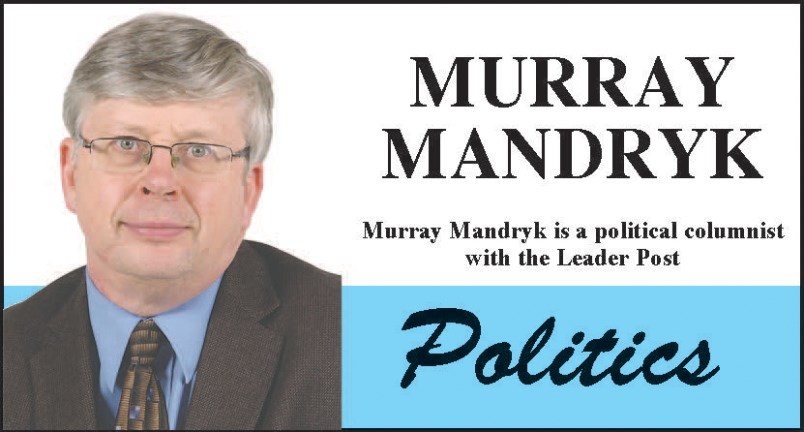The good news is that the light at the end of tunnel in the COVID-19 fight might be something than the proverbial train.
As of the writing of this column, the province had issued 4,254
doses of the Pfizer COVID-19 vaccine — far less than it hoped and far below the pace needed to meet the stated goal of vaccinating 10,725 people each and every week.
Clearly, things aren’t going as well as hoped and it’s largely because only a fraction of the doses allotted to Saskatchewan have made their way into people’s arms. It’s also because the overall to Saskatchewan hasn’t been enough.
As of Jan. 5, Saskatchewan had received 13,675 COVID-19 vaccines in total, including 8,775 from Pfizer/BioNTech and 4,900 from Moderna that the province aims to distribute in the north.
That translates into only 31.1 per cent of the vaccines actually administered, leaving 68.9 per cent to languish in the freezers.
There is some progress being made at getting that Moderna vaccine that doesn’t require minus-80-degree storage to the north.
But with only 150 to maybe 240 vaccines being administered each day, it is going to take a ridiculously long time to immunize an entire province of nearly 1.2 million people. As a result, many more are likely to get sick or even die as we await this to happen.
That the Saskatchewan Party government was making some headway last week at getting the vaccines to northerners and frontline health care workers is obviously a positive. It’s critical to first address those most at risk. And the one thing this virus as surely taught us by now is those most at risk are those who come into close contacts and those cloistered together in remote, small communities.
But by now, it should have also taught us to be both more prepared and more vigilant than we have been. And it’s here where Premier Scott Moe’s government has been falling short.
The Saskatchewan Premier and other Premiers across the country do have a right to be frustrated by the federal Liberal government’s inability to get the vaccines in the hands of the province quicker. That Prime Minister Justin Trudeau complains about also being “frustrated” by the vaccine rollout largely points the reality that no one properly prepared for what we faced.
Really, there was no particular reason why we didn’t have a better distribution plan in place — especially given that we had months to devise one as we awaited the arrival of an effective vaccine.
But preparedness has never been exactly the strength of governments. This pandemic has surely reminded us of that.
For example, where a vast disproportion of deaths have occurred is in personal care homes — something that many chalk up to the reality of housing elderly people with underlying health conditions.
But unless you’re, sadly, of the mind that we shouldn’t be doing our utmost to protect the elderly and vulnerable, what this COVID-19 has done is underscore our past failings.
For a decade now, we’ve been all too aware that crowded senior homes were recipe for disaster for our most vulnerable.
But especially when it comes to the city, private nursing homes, we haven’t done our utmost. We did what seemed most cost-efficient and affordable and we now may be paying a price for it.
At best of times, governments tend to get distracted — sometimes simply by their own rules they choose not to follow.
This was the case in the recent rash of resignations across the country — including that of former highways minister Joe Hargrave — for flouting strong government recommendations that advised everyone else to stay home at Christmas.
Good governance is all about focussing on what needs to be done.
Moe’s Sask. Party government needs to get back to that.



